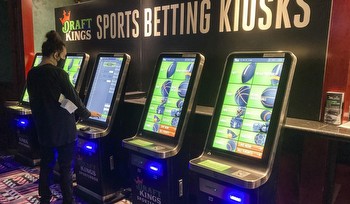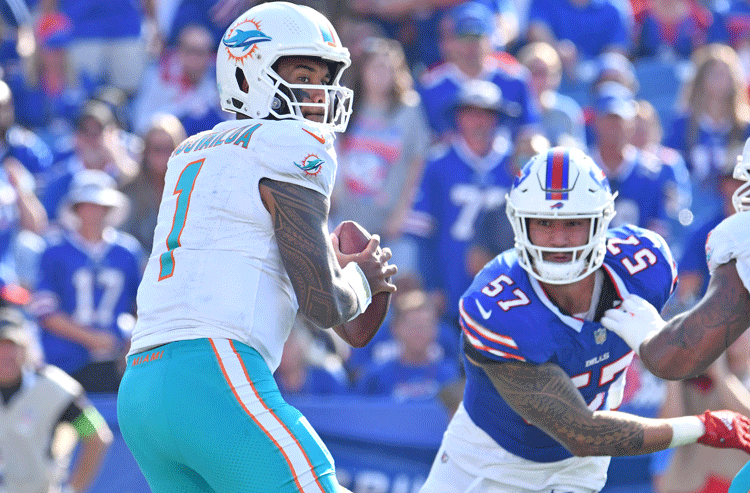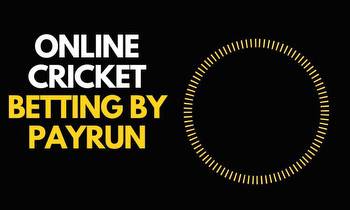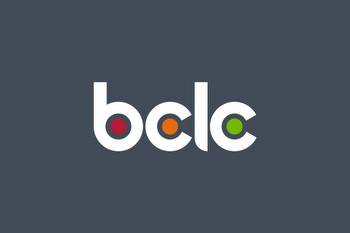Sask. residents bet almost $32M in first 2 months of regulated gaming website
Saskatchewan's new online gaming platform PlayNow.com generated $31.8 million in wagers in its first two months of operation.
The Saskatchewan Indian Gaming Authority (SIGA) was given exclusive rights to establish the province's first regulated website for online casino games and single-event sports betting, and turned to the British Columbia Lottery Corporation (BCLC) to design and launch PlayNow.com in early November.
Figures provided by SIGA indicate the amount of money bet on the website has been growing — from $14.8 million in November to $17 million in December.
SIGA said the site had 8,015 registered users by the end of December.
It means that for every registered user as of Dec. 31, PlayNow.com received an average of $3,967 in wagers over its first two months.
However, SIGA's director of iGaming, Michael Bellegarde, said the total amount wagered also includes winnings that were bet again — as well as promos, bonuses and free bets provided by the platform.
Removing those, PlayNow.com received an average of about $460 in deposits (bettors' own money) over its first two months for each registered user as of Dec. 31.
SIGA said the average deposit of registered users' own money over November and December was $67. Users made 55,000 total deposits amounting to $3.7 million over those two months, it said.
Bellegarde said after winnings were paid out, the platform netted $1.6 million over those two months.
"A lot of our players, when it's a small amount, $50, $75, they're just going to keep cycling that money through the system and it just gets bet again," he said.
"Typically, people cash out when they have a substantial win."
Under a 2021 agreement, half of the revenue generated from the website goes to First Nations communities and the other half to the Saskatchewan government.
"We're quite pleased," Bellegarde said. "We weren't exactly sure what to expect, being a new product to the province. So we're very happy."
Fraction of wagers from sports betting
Of the $31.8 million wagered on the site in November and December, Bellegarde said $30.6 million was from eCasino gambling — while sports betting was responsible for $1.2 million.
"One of the things that surprised me a little bit is that sports is not as big of a driver for net win as the slot machines," he said.
Net win is the total amount wagered minus the prizes that are paid out.
"When you see all the money that's being invested by other companies into sports advertising, you would think that there's a lot of money there," he said.
"The reality is that sports makes up less than five per cent of our net win."
According to Bellegarde, SIGA's research indicated online sports betting across the country gets similar returns.
"Sports betting is kind of the betting that doesn't have a stigma to it, right?" he said.
He said there is still "a bit of a social stigma" around slot machines and eCasino.
"People are more comfortable with the idea of betting on sports," he said. "So you acquire people through sports betting promotions and then hope that they try out the eCasino and enjoy that."
Bellegarde said that's really where an online gambling organization makes its money.
"And so all of these 'grey market' sites, yes, they have a sports aspect, but they really want people to play the casino," he said.
Paul Burns, the president and CEO of the Canadian Gaming Association, said single-event sports betting typically makes relatively little for online platforms.
"So what you get is a knowledgeable sports fan, a fan of a certain sport or certain team, they can bet just on that game or just on that sport," he said. "And they know it well and so they may bet a few dollars to win a few more dollars."
He said prior to single-event sports betting becoming legal, Canadians were looking for regulated environments in their sports betting product.
"It's not necessarily new gambling money, but it's a shift of where it's come from in the past because people have been gambling online for decades," he said.
Single-event sports betting was legalized in Canada in 2021 in an attempt to divert the billions of dollars spent annually by Canadians on unregulated black market and offshore sports wagering websites to regulated ones that contribute to government coffers and community initiatives.
The Connor Bedard effect
After seeing the revenue and the number of registered users on the Saskatchewan PlayNow.com platform over its first two months, Burns said it's off to a "great start" and it's a "tremendous success."
"We now have a licensed, regulated product for the people of Saskatchewan that didn't exist," he said.
SIGA said the average sports wager on PlayNow.com over November and December was $30.
It also said 47 per cent of all sports bets were "live" bets — meaning they were made mid-game.
The platform earned the highest net win from bets on NFL football, soccer, tennis and basketball, in that order, it said.
The most bets were placed on hockey, followed by the NFL, basketball and soccer.
Bellegarde said the NFL had been leading that category, but the performance of Connor Bedard and Team Canada at the recent World Junior Hockey Championship pushed hockey betting slightly ahead to roughly 15,500 total bets over the first two months — compared to just under 15,000 bets on the NFL.
Player health considerations
Bellegarde said SIGA is confident in the player health measures on the new platform, adding that BCLC was chosen to design it because "they are really the innovators of safe gambling in North America."
He pointed specifically to built-in algorithms that detect potential problem gamblers, the mandatory weekly deposit limits registered users must set when they sign up, as well as what he called "the gold standard for safe gambling": advisors who are available via live chat to support safer play online.
But Bellegarde said there are unknowns at this early stage.
"We can see there are some big bettors. However, I don't know their situation. Maybe they're very wealthy. So it's hard for us to make that determination at this point," he said.
"And so with only two months of data under our belt, we don't have those patterns quite nailed down yet."
CBC News asked the Toronto-based Responsible Gambling Council (RGC) for its response to the numbers the new platform generated in its first two months.
In a statement, RGC CEO Shelley White said a robust consumer protection plan should remain a top priority to create a culture of safer play online.
"Prevention education, support resources for vulnerable populations and platform safeguards are integral to creating a safer, sustainable gambling industry," White said.



































